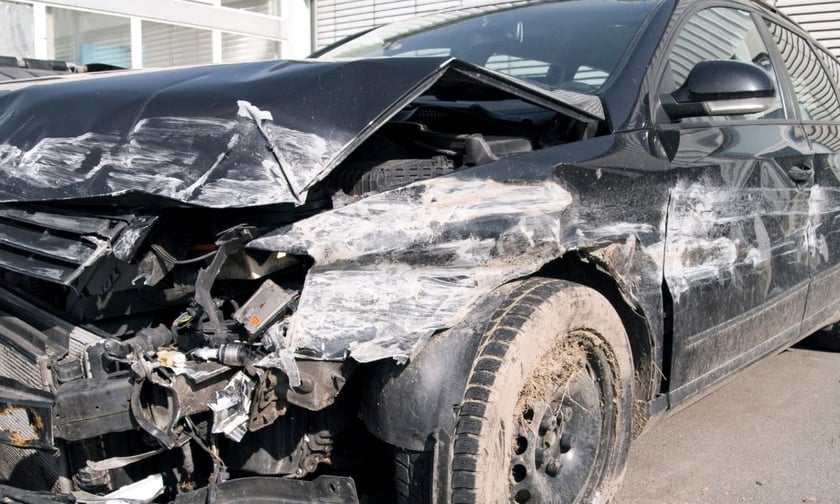

The Department of Energy, Mines, Industry Regulation, and Safety (DEMIRS) is warning Australian motorists to be cautious of fraudulent operators posing as insurers after vehicle accidents.
These scams often involve convincing drivers to agree to unnecessary towing services and then charging exorbitant fees to release their cars.
This year, DEMIRS’s consumer protection division has handled 11 cases where drivers were misled by online search results after being involved in accidents.
Instead of reaching their actual insurance companies, these drivers ended up contacting businesses that provided “accident management” services, falsely claiming to be connected with their insurance providers.
In several cases, drivers shared accident details and sent photos of the vehicle damage. They were subsequently told their cars were unsafe to drive and required towing for further assessment, despite only minor damage in some instances.
One victim, whose car had only superficial scratches, grew suspicious when she was asked to declare her vehicle unroadworthy and direct her insurer to a particular panel beater for repairs. After checking with her actual insurer and finding no claim on file, she received a towing bill for $6,694.60, which has not been paid.
In another instance, a motorist with a drivable car was charged $4,500 for towing services. Her insurer eventually paid the invoice to have the vehicle returned.
Trish Blake, the commissioner for Consumer Protection, expressed concern that such operations are taking advantage of drivers when they are vulnerable.
“After a car accident, victims are often in emotional or physical distress, which can cloud their judgment and make them more susceptible to deceptive tactics,” she said.
She explained that claiming that vehicles with minor damage are unsafe to drive, and then pushing unnecessary towing services, is misleading and could be a violation of Australian Consumer Law.
“Our problem isn’t with genuine and reputable accident management companies. It’s with these particular operators who are posing as insurance companies and making false representations to consumers about needing services,” Blake said.
Blake urged motorists to contact their insurers only through official numbers listed on their insurance company’s website or previous documents, such as policy statements. She also recommended storing these numbers in phones or keeping them in vehicles for easy access after an accident.
Legislation currently under review in the Western Australian Parliament aims to regulate the towing industry, which the Insurance Council of Australia (ICA) welcomed.
Among the proposed reforms is the introduction of capped fees for towing and vehicle storage in the Perth and Peel regions, with a provision to extend regulations to other areas as needed.
Drivers who believe they have been targeted by businesses falsely claiming to represent their insurers are encouraged to file complaints with Consumer Protection. They can also call 1300 30 40 54 or visit the department’s website.
In other news focusing on car insurance fraud, the State Insurance Regulatory Authority (SIRA) has secured its first successful prosecution under the Compulsory Third Party (CTP) scheme.
In May 2022, SIRA was alerted to a case involving Tina Pour-Zahrouni, who filed a fraudulent CTP claim. She falsely claimed she was unable to work due to injuries from a car accident, despite continuing full-time employment.
Pour-Zahrouni received $55,698.06 in benefits from GIO, the insurer, by submitting falsified medical records and employment documentation.
GIO uncovered the fraud after contacting her employer, who confirmed that Pour-Zahrouni had been working during the period she claimed to be unable to work. She later admitted to receiving the benefits fraudulently and agreed to repay $40,457.06.
Following an investigation, SIRA prosecuted Pour-Zahrouni under the Motor Accident Injuries Act 2017. On Oct. 4, she pled guilty and was sentenced to 12 months’ imprisonment, to be served under an Intensive Correction Order. In addition, she was fined $1,100 and ordered to pay $6,203.03 in prosecution costs.
